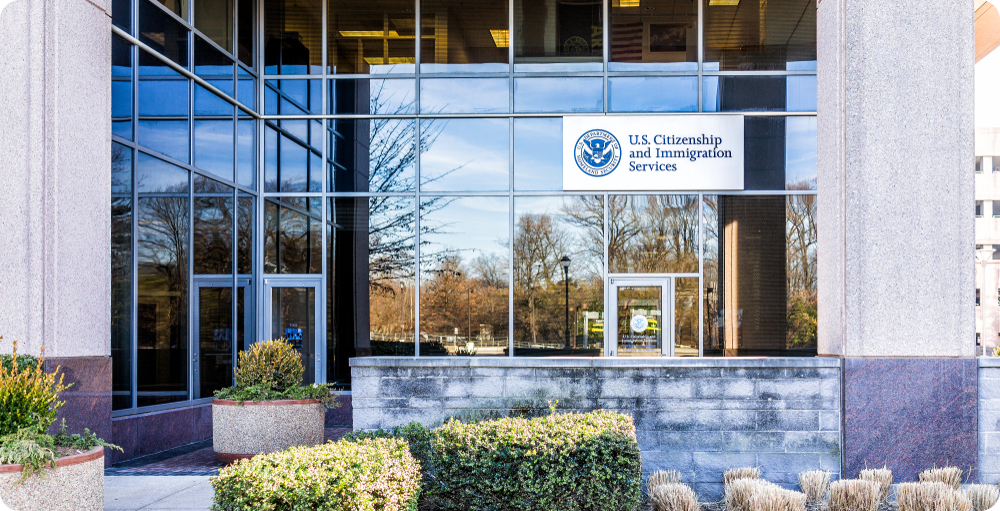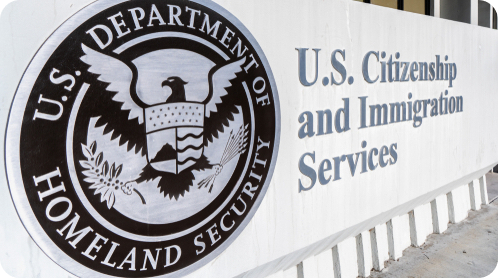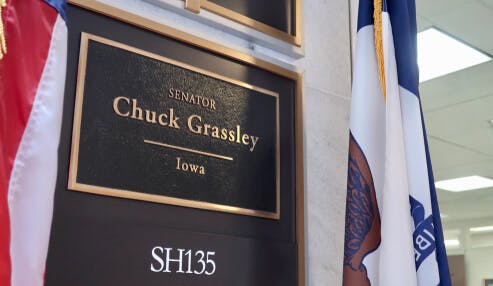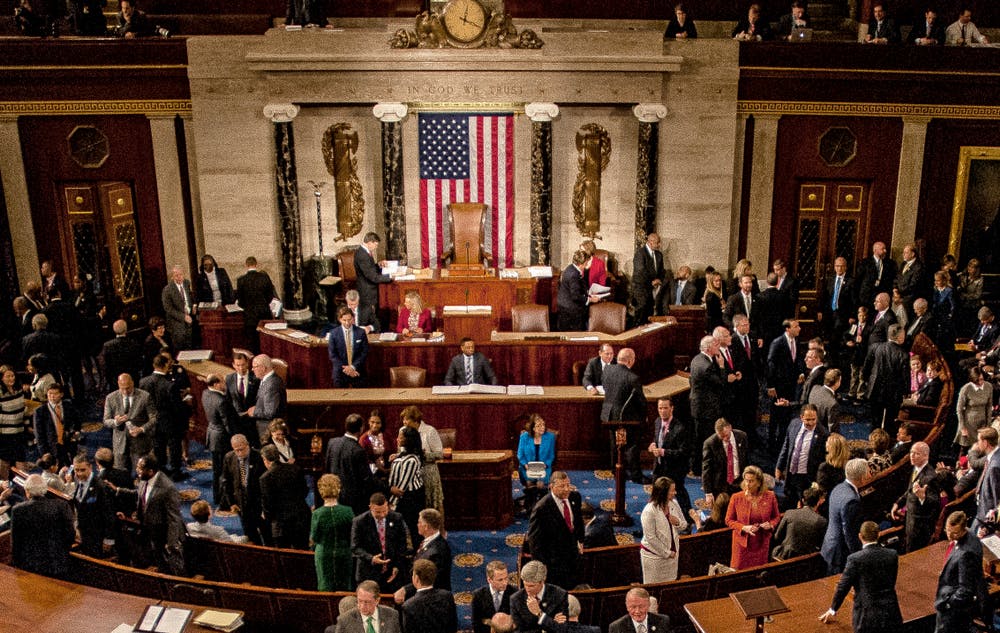The latest version of new EB-5 legislation has been circulating recently; here is a summary of some of its key elements:
Section 2: EB-5 Visa Reforms
Includes minimum investment amounts, visa set-asides, TEA designations.
TEA investment amount = $800,000 / Non-TEA investment amount = $1,050,000
TEA designations will be determined by DHS; designations can be relied upon for 2 years
20% of EB-5 visas will be reserved for investments made in rural areas
Infrastructure projects qualify as TEA.Infrastructure projects qualify as TEA
Effective Date: This section takes effect on the date of enactment.
Section 3: EB-5 Visa Reforms
Includes the reauthorization term, regional center record keeping and audits, business plans (exemplar filings), compliance with securities laws, direct and third-party promoters, integrity fund, and fund administration.
The Regional Center Program to be authorized until September 2027
Rural investments receive priority processing
Annual statements by the regional center available to investors
Construction jobs that last less than 2 years count as the percentage of the 2 years they last
NCE can redeploy funds anywhere in the U.S
DHS requires business plans (aka exemplars) to be filed before accepting investors; investors can refer to them when filing their I-526 petition
It must include a credible business plan, economic analysis, documents filed with SEC and state securities regulators, the offering package and marketing materials
It must reference all material risks, conflicts of interest, detail compensation to be paid to anyone along with description of services and contact info of such persons
It must include the policies and procedures of the regional centers; internal due diligence designed to comply with securities laws both federal and state
Reg S is not precluded; the U.S. has jurisdiction over all securities matters
Regional centers will pay an annual fee of $20,000 unless less than 20 investors in preceding year, then just $10,000
Fee of $1,000 for each I-526 petition filed
3rd-party promoters must register with USCIS, including their contact information; this information may be made public. Investors must sign a disclosure form acknowledging all fees paid and to whom
Direct investments with more than one investor must now enlist a regional center for their offering
All offerings must involve a fund administrator unless the NCE is controlled by a broker-dealer or investment advisor or the NCE commissions an annual audit
The current Regional Center Program effectively ends on the date of enactment and changes take effect 60 days after enactment, thus putting the Regional Center Program and all pooled-investor direct investments on hold for 60 days.
Section 4: Conditional Permanent Resident Status For Alien Investors, Spouses, And Children
We have no highlights of note to share about this section.
Section 5: Procedure For Granting Immigrant Status
We have no highlights of note to share about this section.
Section 6: Timely Processing
Within a year of enactment, USCIS will conduct a study of fees charged and the Service will then charge fees to ensure efficient processing.
Section 7: Transparency
This section speaks to the Department of Homeland Security, USCIS, and the Immigrant Investor Program Office acting impartially and not giving any individual or organization preferential treatment.
Section 8: Protection From Expired Legislation
This section speaks to “grandfathering."
Ishaan Khanna of AIIA offered this statement:
"On October 1st, 2021, the American Immigrant Investor Alliance (AIIA) published Newsletter #4 where we discussed how the grandfathering language proposed by the EB-5 industry was dangerously equivocal. The consensus bill grandfathering text was weak, did not guarantee visa issuance and left gaps for interpretation by DHS potentially allowing them the opportunity to immediately deny all existing Regional Center based applications in case of another Regional Center program expiry, defeating its very purpose to protect existing investors.
Thankfully, this bill was dead on arrival and was immediately dismissed by members of Congress after it was shown to them.
Now, our grandfathering text can be found in Section 8 of the drafted bill (subject to change as the bill goes through final edits). The new text is unambiguously in the interest of investors. This will ensure that all existing EB-5 Regional Center investors will be grandfathered and will have their petitions processed and their Green Cards issued even if the program lapses in the future."
*Note: The bill’s text is likely to change and the version we have reviewed may not be final. We expect to see comprehensive and expert reviews by lawyers very soon and will bring this interpretive insight to our readers shortly.












